 https://steponecharity.co.uk/wp-content/uploads/2025/09/Website-News-Headers-2024-1.png
355
700
Isaac Mann
https://steponecharity.co.uk/wp-content/uploads/2024/02/step-one-wellbeing.svg
Isaac Mann2025-09-12 09:52:112025-09-12 09:52:11Walking for a Cause: The Journey Behind the 300,000 Steps
https://steponecharity.co.uk/wp-content/uploads/2025/09/Website-News-Headers-2024-1.png
355
700
Isaac Mann
https://steponecharity.co.uk/wp-content/uploads/2024/02/step-one-wellbeing.svg
Isaac Mann2025-09-12 09:52:112025-09-12 09:52:11Walking for a Cause: The Journey Behind the 300,000 StepsOn 23rd March 2020, the UK Government put the entire UK population into lockdown. This meant a ban on all ‘non-essential’ travel and contact with people outside one’s home (including family and partners). The Corona Virus Act 2020 gave the Government emergency powers which hadn’t been used since the Second World War.
One word which sums up the resilience of the population is community. We have seen communities come together to help each other, clap for our key workers and by adhering to the rules which have been in place for over 6 weeks.
But one question which has been unanswered throughout this is, “what about our mental health?” As we are starting to see an ease in lockdown measures, what impact will this situation have on our relationships, our employment, and more importantly our mental health?
The statistics
A recent survey by the Office of National Statistics reports the following:
- The proportion of adults who reported high anxiety increased this week (37%) compared with last week (36%).
- Over one in five adults (21%) said their relationships were being affected, with partners or spouses causing the most concern.
- The proportion of adults who said their well-being was affected increased this week (48%) compared with last week (46%). The proportion remained higher for those with an underlying health condition, at 51%, and lower for those aged 70 years and over, at 39%.*
- Among those who say COVID-19 has affected their well-being this week, one in four (25%) said they were concerned about the strain on their relationships, just over one in five (22%) said they were spending too much time with others in their household, but just under one in three (30%) said they were spending too much time alone. These proportions have been very similar over the past four weeks.
*“This week” refers to the period 17 April to 27 April 2020
Before the pandemic, it was reported that approximately 1 in 4 people in the UK will experience a mental health problem each year, if the figures above are accurate then we must be prepared for this number to rise.
What can you do to support your own mental health?
There are many articles and research to support good mental health and it is more important than ever to develop strategies and routines to support yourself. We have populated our blog with information and resources for you. Some ideas:
- Talk about your feelings – particularly if you have low mood, to a trusted person. We often find it hard to talk about our problems but it feels good to have someone who listens to you. If you don’t feel you can speak to a family member or relative then there are several numbers dedicated to help those who need to talk. You can find some of them here.
- Exercise – you don’t have to jump up and try and run a marathon today, you don’t even have to go outside for exercise (although getting outside is definitely recommended if you can). Exercise releases chemicals that make you feel good so a brisk walk around the block, doing the housework or accessing a yoga or a dance video online can help you feel better when you are feeling low.
- Listen to your favourite song. Dance about or sing out loud!
- Make good eating choices – it’s easy to make bad choices when are isolated or stuck indoors. Try to eat a healthy balanced diet and stick to three meals a day and drink plenty of water. Try to limit caffeine, sugary drinks and avoid too much alcohol.
- Keep in touch with friends and family – with so many people embracing technology at this time it’s easier to speak to friends and family through FaceTime, WhatsApp, through text or a phone call. If you don’t have access to the internet, consider calling a relative or even writing a letter to send some positivity to others. It can be hard to cope when someone close to you dies – Counselling or bereavement support may be worth considering if you are struggling.
- Take some ‘me’ time – with statistics showing that 21% of people saying that their relationships are being affected, it may be a good idea to take some time for yourself. Sit in a room or outside to read a book, go for a small walk on your own, or try your hand at a new craft to keep your mind busy and spend some time looking after you.
What are we doing?
Here at Step One Charity based in Devon, we have over 80 years’ experience of supporting people with their mental health. We have worked hard to continue to support those who need it in these times. Our supportive staff are continuing to work in our hospital in Newton Abbot and supported living residences, and for those who use our community enabling and peer support services we continue to offer help and support to develop independence. As with all front line services in the UK, we are taking measures to make sure that the safety and wellbeing of our staff and service users is our highest priority.
Some examples of the work we have been doing:
- Torbay Peer Support Project supporting its community through daily messages and WhatsApp conversations, checking in and supporting each other with activities and ideas.
- Our supported living residents have been trying different crafts, this week one of the residents has been trying his hand at growing vegetables.
- Our mental health hospital in Newton Abbot has been supporting residents through crafts such as the appreciation wall and celebrating VE day with bunting and cream teas.
- The community support team have created some great posters to thank our NHS.
- Our staff have been checking in on each other through remote video calls to continue to keep our important services going.
- Staff from our corporate and custody teams have been volunteering on the Torbay Community Helpline to help those who are vulnerable in the Torbay area with practical needs.
What else can be done?
We are increasing our efforts to support people’s mental health and wellbeing through fundraising – thinking of innovative and new ways to help people maintain good wellbeing. To do this we are working to:
- Highlight and address isolation in the Devon community during the current crisis and in the future.
- Establish support networks to enable people to connect.
- Build resilience and skills to manage mental welfare, provide a purpose and build self-confidence.
- Develop our online presence so we are more accessible to people who need support.
- Develop and expand our range of courses both online and face to face to make them available to more communities across Devon (e.g. bereavement, HOPE, alongside courses to boost confidence and employability).
- Develop volunteering networks and provide on-going support; connecting with others who are already engaging with their communities.
- Look after the wellbeing of all our key workers and front line staff who are continuing to deliver high quality care and support to people in the community, as well as 24 hour support to residents in our care at Cypress Hospital.
With the uncertainty of the near future, employment, physical health, money isolation and loneliness it’s more important than ever that we look at ways to support ourselves and the community. To do this we need to raise important funds to continue the work we do, and we can support more people with their mental health, now and when we move into the new normal ways of living.
You can support through fundraising, donations or through following and sharing our good news stories on social media. We would also love to hear your stories – tell us what you have been doing to maintain good mental health, or how you have been supporting others.
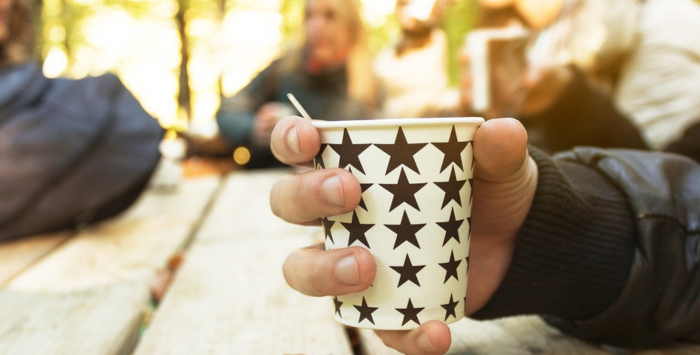
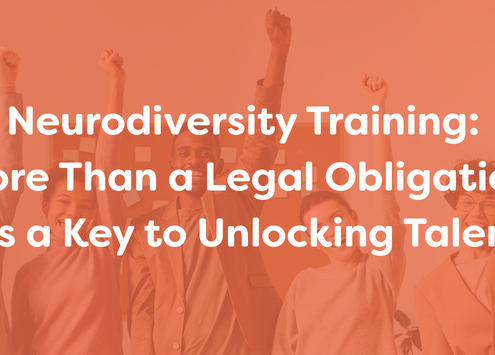
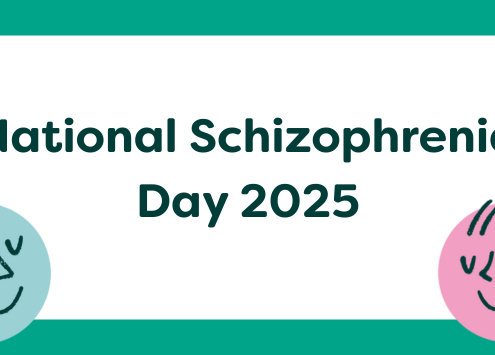
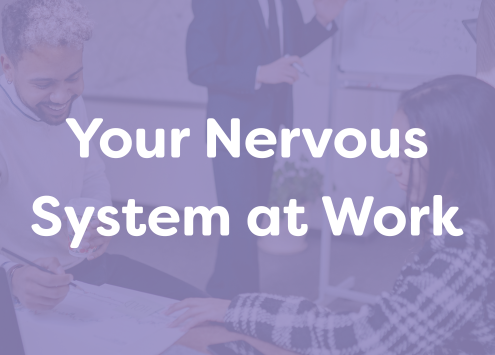
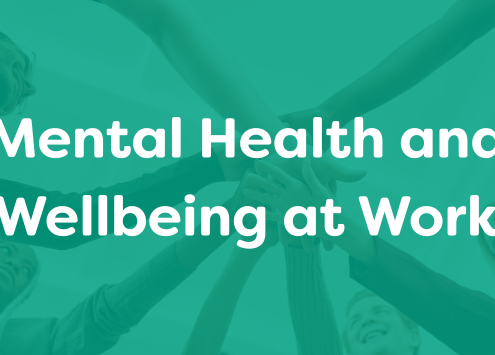
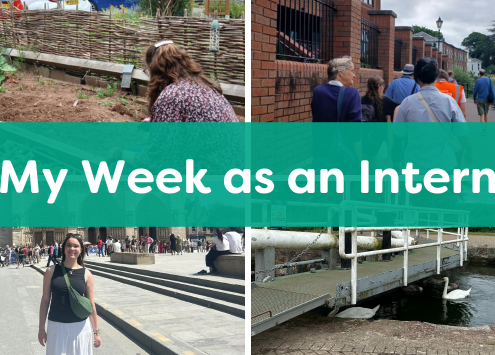
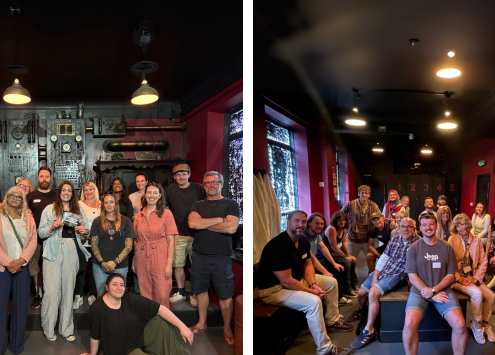
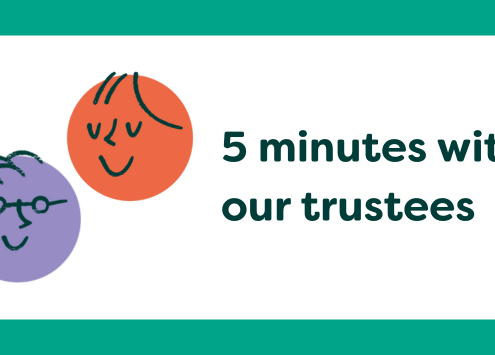
![Graphic with quote reading: “You met me at one of the most difficult times and seeing the difference you’ve made is amazing [...] Please keep doing what you do. You change lives.”](https://steponecharity.co.uk/wp-content/uploads/2025/04/Website-News-Headers-2024-33-495x355.png)
